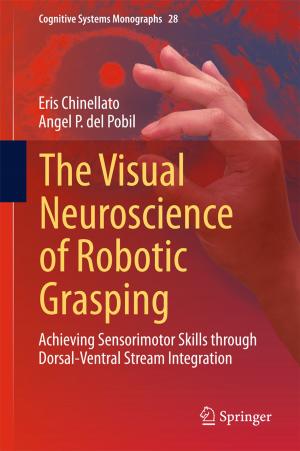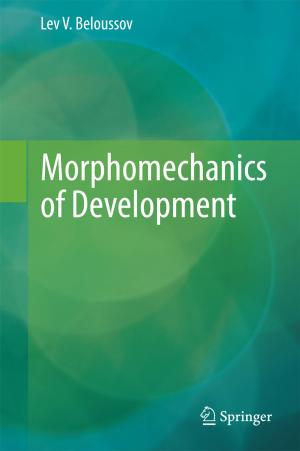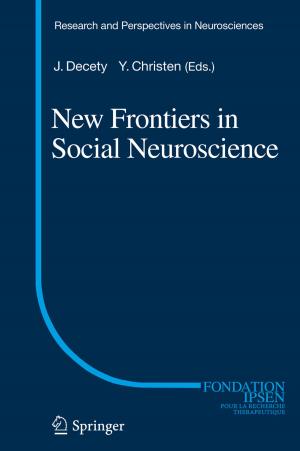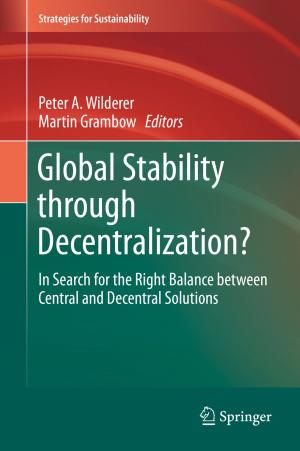Evolutionary Computation in Combinatorial Optimization
15th European Conference, EvoCOP 2015, Copenhagen, Denmark, April 8-10, 2015, Proceedings
Nonfiction, Computers, Database Management, Data Processing, General Computing, Programming| Author: | ISBN: | 9783319164687 | |
| Publisher: | Springer International Publishing | Publication: | March 14, 2015 |
| Imprint: | Springer | Language: | English |
| Author: | |
| ISBN: | 9783319164687 |
| Publisher: | Springer International Publishing |
| Publication: | March 14, 2015 |
| Imprint: | Springer |
| Language: | English |
This book constitutes the refereed proceedings of the 15th European Conference on Evolutionary Computation in Combinatorial Optimization, EvoCOP 2015, held in Copenhagen, Denmark, in April 2015, co-located with the Evo*2015 events EuroGP, EvoMUSART and EvoApplications.
The 19 revised full papers presented were carefully reviewed and selected from 46 submissions. The papers cover methodology, applications and theoretical studies. The methods included evolutionary and memetic (hybrid) algorithms, iterated local search, variable neighbourhood search, ant colony optimization, artificial immune systems, hyper-heuristics and other adaptive approaches. The applications include both traditional domains, such as graph coloring, knapsack, vehicle routing, job-shop scheduling, the p-median and the orienteering problems; and new(er) domains such as designing deep recurrent neural networks, detecting network community structure, lock scheduling of ships, cloud resource management, the fire-fighter problem and AI planning. The theoretical studies involved approximation ratio, runtime and black-box complexity analyses.
This book constitutes the refereed proceedings of the 15th European Conference on Evolutionary Computation in Combinatorial Optimization, EvoCOP 2015, held in Copenhagen, Denmark, in April 2015, co-located with the Evo*2015 events EuroGP, EvoMUSART and EvoApplications.
The 19 revised full papers presented were carefully reviewed and selected from 46 submissions. The papers cover methodology, applications and theoretical studies. The methods included evolutionary and memetic (hybrid) algorithms, iterated local search, variable neighbourhood search, ant colony optimization, artificial immune systems, hyper-heuristics and other adaptive approaches. The applications include both traditional domains, such as graph coloring, knapsack, vehicle routing, job-shop scheduling, the p-median and the orienteering problems; and new(er) domains such as designing deep recurrent neural networks, detecting network community structure, lock scheduling of ships, cloud resource management, the fire-fighter problem and AI planning. The theoretical studies involved approximation ratio, runtime and black-box complexity analyses.















